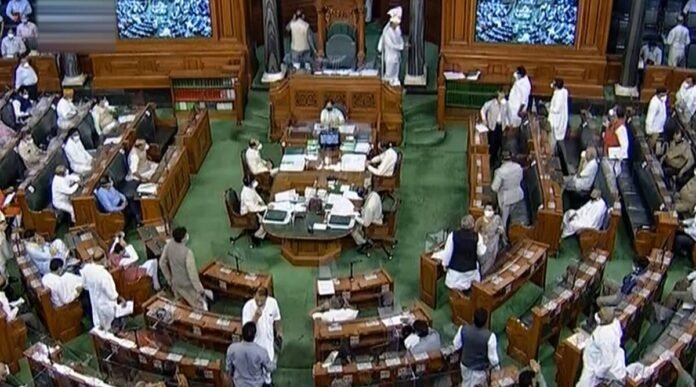The recent disqualification of Rahul Gandhi, a prominent Indian politician, from the Lok Sabha has brought the spotlight on the Representation of the People Act and Anti-Defection Law. Since 1988, these laws have been used to disqualify 42 members from the Parliament for various reasons such as changing political allegiances, conduct unbecoming of a parliamentarian, and criminal convictions that carry a jail term of two years or more.
The Representation of the People Act deals with automatic disqualification of MPs and state legislators upon being convicted and sentenced for two years or more in a criminal case. The disqualification of Rahul Gandhi, NCP leader Mohammad Faizal P P, and BSP leader Afzal Ansari came after their conviction by courts with jail terms of more than two years.
On the other hand, the Anti-Defection Law was enacted in 1985 to prevent politicians from changing their political parties for personal gain. The first disqualification of a Lok Sabha member after the law was enacted was that of Lalduhoma, a Congress member, who filed his nomination papers for the Mizoram Assembly elections as a candidate of the Mizo National Union, a party founded by him. The ninth Lok Sabha saw nine Lok Sabha members being disqualified under the anti-defection law, which led to their disqualification.
The 14th Lok Sabha witnessed the ouster of maximum members from the House – 10 for unbecoming conduct as members for accepting bribes for raising questions in Parliament, and nine for cross-voting during the Vote of Confidence sought by the UPA-I government in July 2008 after the Left front withdrew support to it over the civil nuclear deal with the US.
The Rajya Sabha also has its share of disqualifications under the anti-defection law. In 2001 and 2006, Shibu Soren and Jaya Bachchan were disqualified from the Rajya Sabha, respectively, for holding an office of profit.
The Parliament (Prevention of Disqualification) Act, 1959, was amended in 2006 retrospectively to avoid possible political upheaval, and similar petitions became infructuous. A judgment of the apex Court, referred to as the Lily Thomas case, laid down the legal position making it clear that any conviction which carries a sentence of two years or more will automatically result in disqualification of an elected representative.
Overall, these laws are crucial in maintaining the integrity of the Parliament and ensuring that elected representatives uphold the values of democracy.

